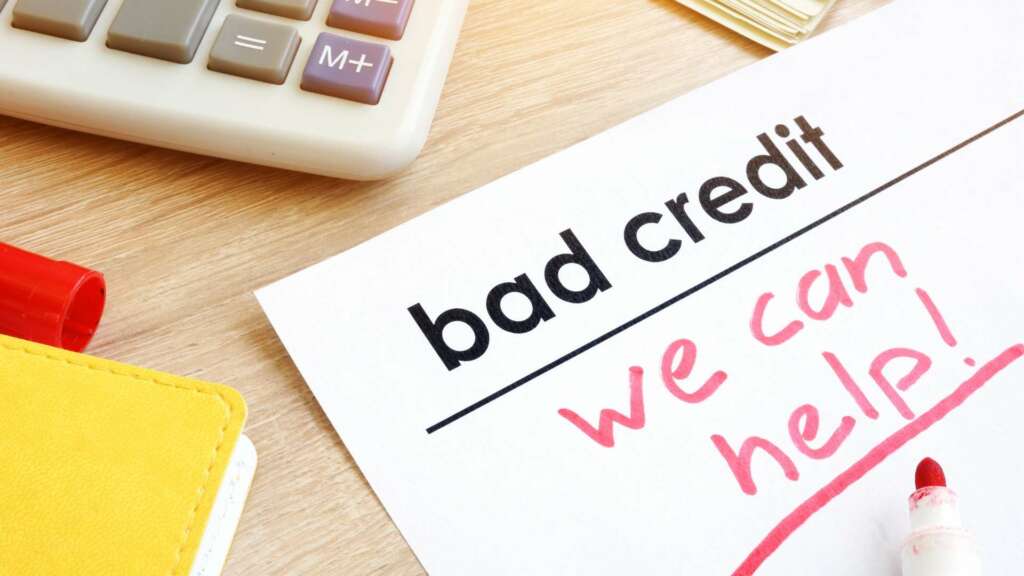
Although having an excellent personal credit score does not hurt your potential chances of obtaining a business credit loan, it is a double-edged sword. It can give you easy access to capital, yet carrying unsecured debts on your record carries all the risk for the lender. If you’ve been refused a business credit loan, perhaps it could be due to you having poor personal or business credit. You might wonder how to repair your credit score. It’s not as difficult as you may think.
If you own or manage your own business and carry personal credit, you are probably aware of the need to rebuild your credit. As a small business owner, there is always the need to make payments on time, in order to maintain a positive cash flow. As you build business credit, it will become easier to negotiate higher interest rates on loans and to get better terms.
The first step to building business credit is obtaining your Employer Identification Number (EIN). This is a nine digit number that must be included on all financial documents related to your business. It can be found on the bottom of all recent checks. You should also know your Social Security Number, and what is known as your DUNS number. Having these numbers, along with your EIN, will help your lender to obtain your credit rating.
To build your credit reputation, review your payment history. If you have a pattern of late payments, you may want to consider taking some steps to improve your payment history. You can begin by paying down your balances on your credit accounts, even if you don’t apply for new credit. If you’ve been working in the same field for several years, some financial institutions give trade lines to people who have maintained a high level of payments on their trade lines. This can help you obtain credit, assuming you maintain your trade lines at current levels.
Your credit scores come from three sources. Your business credit bureau, which are provided by your employer; the small business financial exchange; and the Federal Trade Commission, which is an agency of the federal government. Your scores are based on your payment history, debt to income ratio, and credit utilization ratios. You can request a free copy of your credit reports from each of the three bureaus. You should check them regularly to check for errors.
If you’ve been turned down for credit, you may be wondering how your score came into the equation. Most lenders use a standard formula for calculating a score. It is based on your payment history, total debt, credit utilization percentages, and the age of your business. Some lenders use the FICO score model, which is similar to the way that consumers are often judged. Using this model will improve your chances for approval.
Many business owners start out with ein, bad credit, or both. If your company has a solid history, you may not need to look at these types of accounts. Business credit cards, however, are a great way to build business credit profiles. You can use these accounts to pay for the items you bought using it. Make sure to pay off these accounts within the month.
Your payment history will be used to determine how good or bad your credit history is. Keep up your payment history and you will have a better chance of improving your FICO score. You can also look into other types of reporting agencies. An experienced professional can give you tips about how to improve your payment history.


